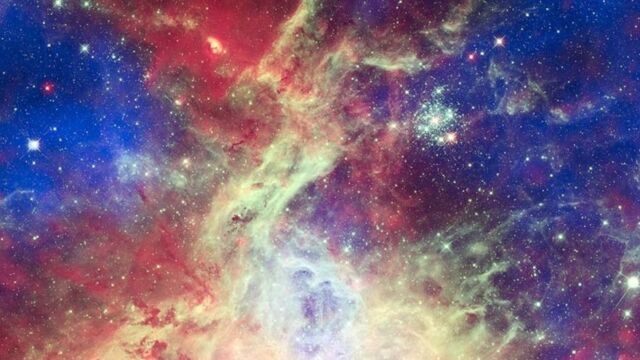NASA's Hubble Telescope Captured A "Special Galaxy"

NASA's telescope has discovered a galaxy 130 million light years away from ours.
This galaxy, which was discovered by the telescope, is larger than our Milky Way. Poetically named NGC 772, this galaxy is located in Aries, a constellation of the zodiac. According to researchers, this spiral galaxy is unbarred, unlike ours. A barred spiral galaxy is a galaxy with a central bar-shaped structure composed of stars.
Discover our latest podcast
These "bars" are long streaks of light, caused by the dust and gas at the center of galaxies. In barred spiral galaxies, they contribute to star formation by bringing gas and dust to the center of the galaxy. However, in a galaxy like NGC 772, this is not the case, although there is a lot of dust and gas at its center.
More under this adMore under this adA peculiar shape
This galaxy also has another peculiarity: it has an unusual, somewhat stretched out, shape. This shape is believed to have been caused by a neighbouring galaxy that is linked to a larger galaxy and, therefore, gravitates around it. That's why it has been classified under the category of ''special galaxies'', in other words, a galaxy that doesn't fit into any of the existing categories.
Our galaxy, too, has nearby galaxies, like The Large Magellanic Cloud and The Small Magellanic Cloud. But based on the Hubble telescope's observations, these clusters of stars, gas, and dust move too quickly to actually be in orbit around ours.
More under this adMore under this adHowever, - to end on a happy note - these galaxies could, according to scientists, cause the end of ours if they collided. Indeed, the black hole in the center of our galaxy could, as a result of this hypothetical collision, grow exponentially and destroy everything in its vicinity.